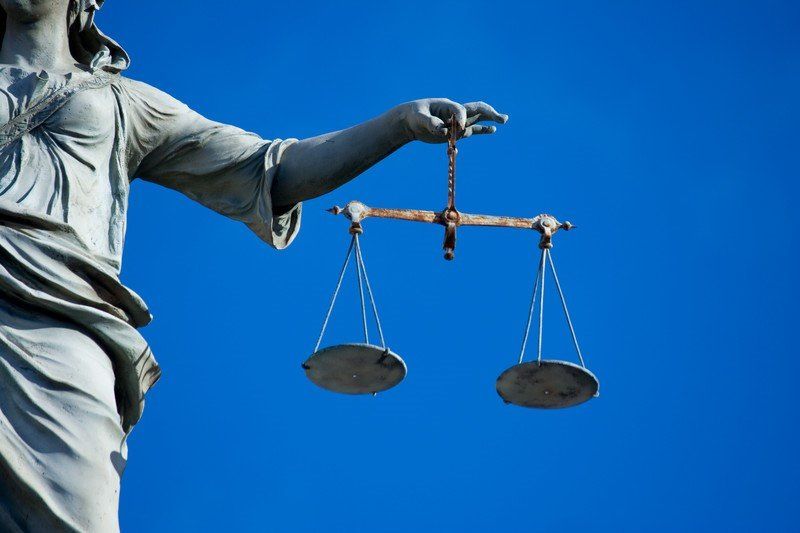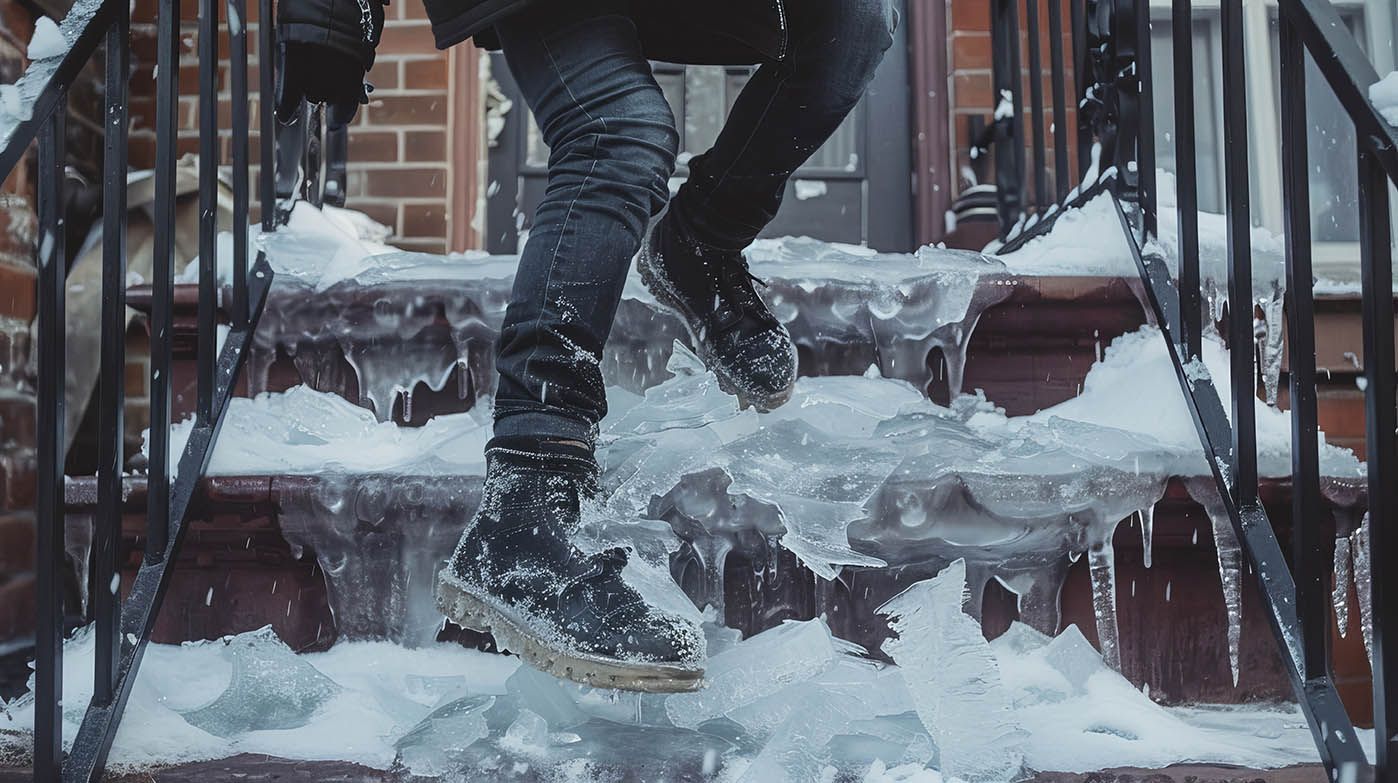BLOG
What Are the Options When You Can’t Pay Bail?

If you or someone you know has been arrested, thoughts automatically turn to how to get out of the situation as quickly as possible. This can be an especially frustrating situation if you’re in jail and awaiting trial – a process that can take months in some cases. Not every person is required to remain in jail for the duration between their initial court appearance and their trial date. An alternative is that a judge may order that a person be released on bail.
In many cases, bail involves a payment to the court as a safeguard that you will not flee while awaiting trial. The only problem is that while the amount of monetary bail is supposed to not be excessive, it is often cost prohibitive for many people. So, what happens if you’ve been ordered to pay bail but can’t afford to?
The Premise of Monetary Bail
Many people associate bail with a money payment to the court, and this is often the case. However, bail itself is a term used to define the release of a person from legal custody while they’re awaiting trial. Judges may order a monetary bail, but they can also order bail that includes releasing someone on their own recognizance or with certain stipulations – such as weekly check-ins or mandatory meetings.
It costs the criminal justice system money to house an incarcerated individual, and for those who pose a minimal threat to society or flight risk, there are few benefits to keeping them in jail while they’re awaiting trial. Bail requirements are intended to supply an extra layer of protection that the accused individual isn’t going anywhere.
For some people, the biggest motivator is money. The court orders a payment and holds it until the trial as a guarantee that the accused will appear. The amount of monetary bail ordered is based on several factors, including the severity of the crime involved and the person’s financial ability to pay. For example, a $2,000 bail wouldn’t likely be motivating for a millionaire defendant.
While judges should consider a person’s financial wellbeing when setting bail, sometimes paying it is still out of reach. When this is the case, a person does have a few options.
First, there are bail bond agencies that will post a portion of your bail for you. These types of services are basically considered a loan that will need to be repaid when the bail is released back to you by the court. They usually require that you pay a certain percentage and may also require a co-signer if your credit or job history is poor.
Another option is to have your criminal defense attorney request that a different type of bail be ordered. For instance, if they can establish that you’re not a flight risk even without monetary bail and that you’re willing to adhere to other bail commitments instead.
If you’re in jail and are wondering how you’ll manage to pay bail, we’re a team of experienced criminal lawyers that can help you with the process. Contact Fitch & Stahle Law Offices to discuss your case today.


